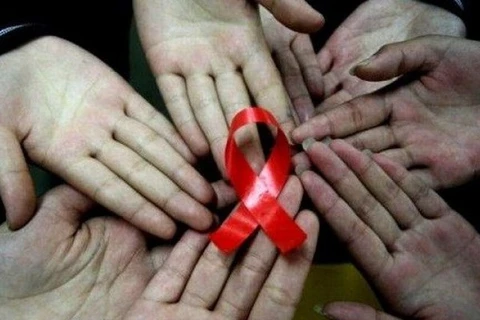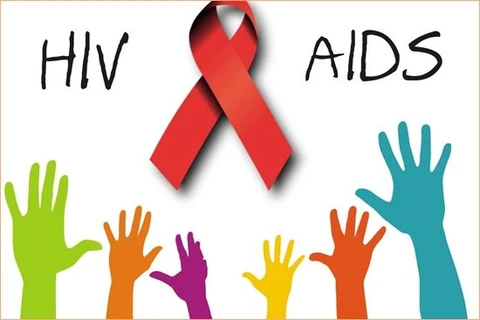Hanoi (VNA) – Hanoi set to expand health insurance coverage to 100 percent of HIV carriers in 2018, heard a recent conference on HIV/AIDS prevention hosted by the municipal Department of Health.
According to reports of the municipal Preventative Medicine Centre, the rate of HIV/AIDS infection stands at 232/100,000 people.
By December 31, 2017, Hanoi recorded 19,637 HIV/AIDS cases, ranking second in the country in the number of people living with the fatal disease.
The city strives to have 60 percent of HIV carriers managed and provided with antiretroviral (ARV) treatment, and 75 percent of infected people know their status in 2018.
To realise the goals, treatment facilities for addicts by Methadone will be expanded at all districts which have at least 250 drug addicts.
Attention will be paid to improving health care establishments that are offering services to HIV carriers with health insurance cards.
More than 4,540 HIV infections had been detected in the first half of 2017, raising the total number in the country to 209,591, according to the Vietnam Administration of HIV/AIDS Control.
Of them, 56 percent are getting anti-retroviral (ARV) therapy.
This year, health insurance began covering the costs of treating opportunistic infections.
By 2020, 80 percent ARV drug costs will be covered by health insurance.-VNA
VNA






















